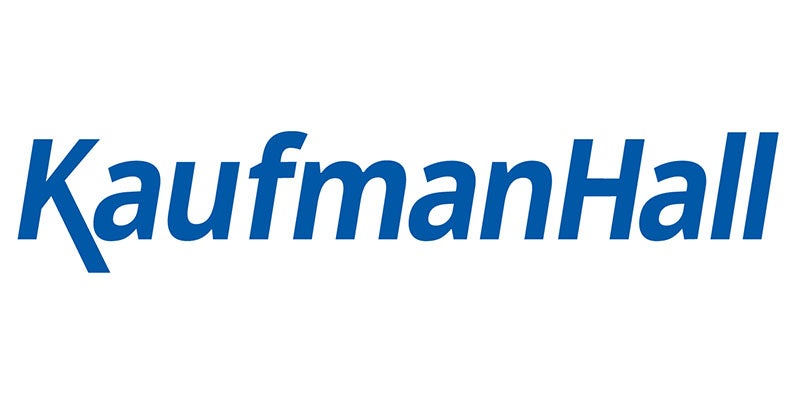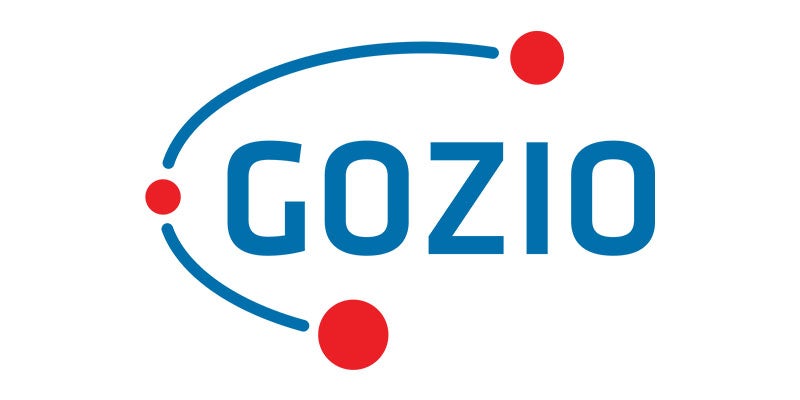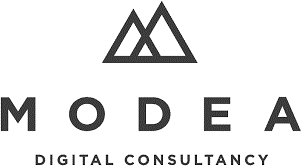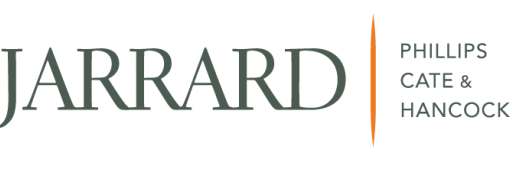
Consumer Experience Reports Compendium
Consumers are seeking better experiences – more personalized, higher-tech, frictionless. Delivering better consumer experiences can enhance reputation, increase satisfaction, and bolster engagement, ultimately helping to achieve healthier communities. In June 2023, SHSMD announced a call for health care customer research and consumerism reports in an effort to offer consumerism related resources to the SHSMD membership. Specifically, SHSMD requested recently conducted primary research featuring data reflective of changes that are happening on a national scale. Special thanks to all our contributors!
- 2022 Consumerism Health Survey
- 2022 State of the Health Care Consumer Report
- 2023 State of Health Care Experience
- ABC Hospital Chronic Conditions Analysis May 2023
- Back to Basics: Creating a Seamless Digital Front Door
- Health Care Experience: The difference between loyalty and leaving
- Humanizing Brand Experience – Volume 6
- Inside the "Why"
- National Physician Survey: Beyond Burnout: Trust, Loyalty and the Physician Gender Gap
- Psychographics: A Key to Delivering Consumer-Centricity and Superior Results in Health Care
- Secrets to Achieving High Mobile Adoption for Patient Engagement
- The Business Case for Plain Language in Health Care Communications
- The Power of the First Phone Call
- The Quarterly Addiction Treatment Digital Marketing Benchmark Report
- Understanding Patients' Needs for Access & Convenience in Today’s World
- “Where We’re Headed” CX LEADERS PERSPECTIVES: The Current and Future Trajectory of Experience at Health Care Systems
- Why Tech Natives Struggle with Digital Health Care Tools
Reports
The Myth of Site-of-Care Shift
This report discuss from Array Advisors challenges the notion of decreasing emergency department (ED) use rates, highlighting a steady increase over time contrary to predictions, except during the COVID-19 pandemic. It emphasizes the importance of nuanced facility planning, considering factors like population demographics and insurance coverage, to effectively address future ED volume trends.
2022 Consumerism Health Survey
This ongoing survey from Geonetric investigates health care consumers' technological preferences, guiding health care systems to align with consumer desires and address the erosion of patient-provider loyalty. Consumer expectations prioritize factors like insurance acceptance, appointment availability, price, quality, and convenience, prompting health care organizations to adapt and offer digital options, including telehealth, to remain competitive.
2022 State of the Health Care Consumer Report
The 2022 Kaufman Hall State of the Health Care Consumer Report—featuring both findings from a survey of more than 3,500 Americans and interviews with health care leaders—explores the evolving ways in which consumers manage their health and access and receive health care, and how the health care industry accommodates them.
2023 State of Health Care Experience
This report from MDRG discusses how consumers expectations of brands and customer service has rapidly evolving from solutions like Web3, the metaverse and digital tools. Brands are engaging with these tools to deliver more personalized experiences to deepen relationships with consumers. However, health care must ensure capabilities in the present in order to get there. This idea is based on improving patient experience in order to earn the trust and loyalty of consumers and maintain an edge over disruptor brands.
ABC Hospital Chronic Conditions Analysis May 2023
Intellimed partnered with a rural Missouri hospital to help them better understand the current health of their community. Intellimed provided a market assessment that evaluated the top chronic conditions in the hospital’s service area and compared them to regional and national averages. The analysis also included the financial impact, or estimated cost to treat a specific chronic condition, to help the hospital financially prepare to care for these individuals in the future.
Back to Basics: Creating a Seamless Digital Front Door
Findings from AVIA’s national secret shopper consumer experience assessment of over 40 health systems reveal that organizations still have much work to do in closing gaps around basic digital front door capabilities to create a seamless consumer experience, attracting and retaining patients, and providing a trusted and credible alternative to digital-first disruptors. The ongoing survey explores health care consumers' technological preferences and shaping health care systems to meet consumer expectations.
Health Care Experience: The difference between loyalty and leaving
This Accenture study examines the transformation of the health care experience for payers and providers, focusing on human-centric strategies that enhance patient engagement and outcomes. It highlights the importance of integrating digital solutions, personalized interactions, and collaborative approaches between payers and providers to create a more patient-centered health care ecosystem.
Humanizing Brand Experience – Volume 6
This Monigle study delves into the sixth edition of the Humanizing Brand Experience Report, which explores how organizations can build more authentic and meaningful connections with their customers. The report emphasizes the significance of emotional resonance, trust, and shared values in fostering strong brand-customer relationships, and it provides insights into various industries' efforts to create impactful and lasting brand experiences.
Inside the "Why"
Transcend’s most recent 2022 national consumer survey discusses how COVID sparked a change in thinking about consumer site-of-care preferences for those facing a serious illness. This change has proved durable and has implications for marketing and operational choices post-acute providers will continue to face.
National Physician Survey: Beyond Burnout: Trust, Loyalty and the Physician Gender Gap
“Beyond Burnout: Trust, Loyalty and the Physician Gender Gap” is a report based on a new national survey of physicians by Jarrard Inc. It explores the perspectives and opinions of physicians across the United States providing insights into physician sentiments on various health care topics, including telehealth, hospital-physician relationships, burnout, and health care policy, offering valuable insights for health care organizations and policymakers.
Psychographics: A Key to Delivering Consumer-Centricity and Superior Results in Health Care
“Psychographics: A Key to Delivering Consumer-Centricity and Superior Results in Health Care” from Upfront Health Care focuses on patient activation and psychographics, offering insights into how understanding patient psychographic profiles can enhance patient engagement and health outcomes. The study explores the relationship between psychographics and patient activation levels, providing valuable information for health care providers seeking to personalize patient interactions and improve patient involvement in their care.
Secrets to Achieving High Mobile Adoption for Patient Engagement
Nine out of 10 health care executives believe a well-designed, patient-facing mobile app would help their organization achieve its digital strategy goals, a recent Gozio survey found. Yet 18% of health systems do not have a mobile solution, and among those that do, just 22% have one that is custom-built for their organization and the communities they serve. The study by Gozio Health reveals strategies for achieving high mobile adoption rates in patient engagement. It highlights the importance of user-friendly mobile apps, effective communication, personalized features, and integration with health care systems to enhance patient engagement and satisfaction.
The Business Case for Plain Language in Health Care Communications
A qualitative research study conducted by Aha Media Group discusses the business case for using effective language in health care communications. Clear, empathetic, and patient-centric language in imperative in improving patient satisfaction, outcomes, and reducing health care costs, urging health care organizations to prioritize language as a strategic asset.
The Power of the First Phone Call
This updated study by Baird Group examines the crucial role of the first phone call in a medical facility's patient retention. It finds that the percentage of callers unlikely to return to a facility after their initial call has increased from 35% to 38% since 2016, with factors like courtesy, empathy, appointment access, and genuine interest in caller needs playing a significant role in determining a patient's likelihood to return or recommend the facility.
The Quarterly Addiction Treatment Digital Marketing Benchmark Report
This benchmark report by Dreamscapemarketing focuses on addiction treatment digital marketing in Q1 2023. It provides insights into key performance metrics and trends, including website traffic, conversions, and digital advertising strategies, offering valuable information for addiction treatment centers looking to enhance their digital marketing efforts.
Understanding Patients' Needs for Access & Convenience in Today’s World
The linked study, "2022 US Consumer Health Care Trends Survey," provides insights into prevailing trends in American consumer health care preferences and behaviors. The survey highlights shifts towards digital health care solutions and increased interest in telehealth services among US consumers, reflecting a growing reliance on technology for managing health care needs.
“Where We’re Headed” CX LEADERS PERSPECTIVES: The Current and Future Trajectory of Experience at Health Care Systems
The health care industry is going through a period of significant change, trying to adapt to and keep pace with increasing and expanding consumer expectations. To better understand how health care system CX functions are responding, WideOpen spoke with experience leaders within 8 health care systems (and also included 2 non-health care organizations as points of comparison). This is an executive summary of the study.
Why Tech Natives Struggle with Digital Health Care Tools
This research by Modea explores why tech-savvy younger individuals encounter challenges with digital health care tools. Despite their proficiency in technology, the study reveals that they struggle specifically with health care-oriented digital tools, shedding light on the potential disconnect between digital native capabilities and health care technology usability.
Perfect Your Pipeline
This whitepaper, a collaboration between Care Sherpa and WriterGirl, explores the challenges faced by healthcare organizations in optimizing revenue for high-margin service lines. It emphasizes the importance of mapping a service line's patient journey, addressing pipeline leaks, utilizing data-driven marketing funnels, and implementing personalized content strategies to enhance patient engagement and conversion.
Beyond Burnout, Part II: What Nurses Want Now
“Beyond Burnout, Part II: What Nurses Want Now”, Jarrard’s second annual national nurse survey, explores job satisfaction, trust in the organization and team, onboarding experiences, and the effectiveness of nurse managers as leaders. This report aims to provide insights into these key areas, excluding compensation and staffing, to help leaders effectively engage healthcare workers amid ongoing challenges such as a caregiver shortage, a pandemic, and the lingering effects of burnout.















